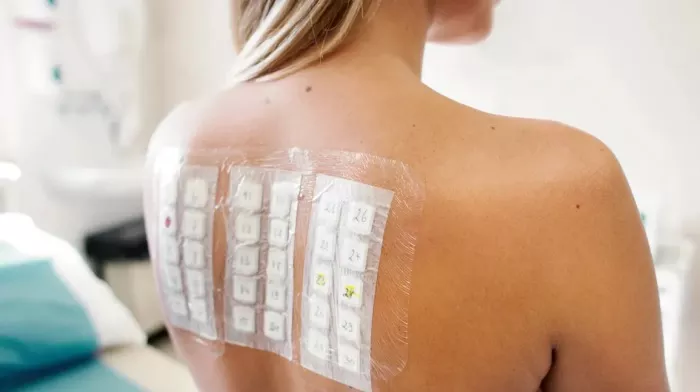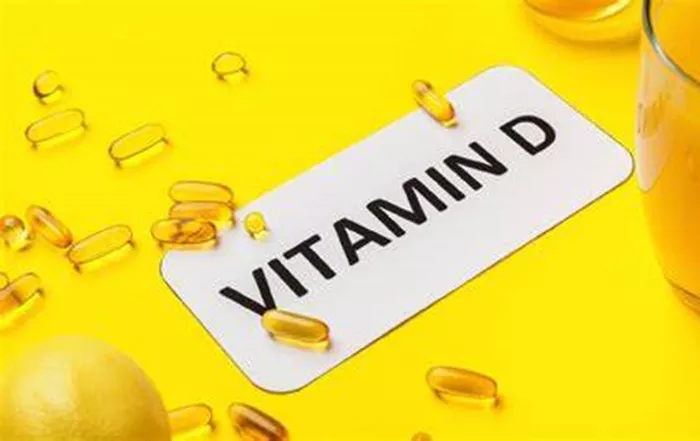As new U.S. tariffs are set to increase the cost of international beauty and skincare imports, dermatologists are advising consumers on how to maintain effective skincare routines without overspending.
Many popular skincare products originate from South Korea and Japan—countries currently facing tariff discussions with the United States. Additionally, many American skincare items are produced or packaged in Asia, meaning that even domestic brands could see price hikes across luxury items, from serums to sheet masks.
In anticipation, some consumers are stocking up on high-end, multipurpose products. However, experts say there’s no need to panic. A smart mix of drugstore staples and select premium items can keep skin healthy without breaking the bank.
Drugstore Cleansers and Moisturizers Offer Reliable Performance
Top-selling brands like Aestura, COSRX, and Laneige are known for their quality moisturizers, but they may become more expensive due to tariffs. In contrast, U.S.-based drugstore brands offer comparable products at a fraction of the price.
“Cleansers and moisturizers are basic skincare essentials that don’t make complex performance claims,” said Dr. Shannon Humphrey, a board-certified dermatologist and clinical assistant professor at the University of British Columbia. “That means you don’t need to spend a fortune to get good results.”
She recommends reliable brands like Cetaphil and CeraVe, while Dr. Kate Viola, a Maryland-based dermatologist, endorses Vanicream for sensitive skin. “It’s a beautiful gentle cleanser,” Viola told Business Insider. All of these brands manufacture in the U.S. and offer accessible, effective skincare options.
Targeted Treatments Are Worth the Investment
Anti-aging products and prescription treatments are typically more expensive—and for good reason. Dermatologists say that some premium serums and prescription retinoids are worth the extra cost due to their proven efficacy.
Dr. Humphrey recommends SkinCeuticals CE Ferulic, a vitamin C serum backed by research and clinical studies. Although it retails for nearly $200, its skin-brightening and collagen-boosting properties justify the price, she said.
Viola also praised the product, calling it a “holy grail” serum. However, she noted that the patent on the formula recently expired, meaning more affordable alternatives may soon appear on the market.
Another proven option is tretinoin, a prescription-strength form of retinol. Unlike over-the-counter retinol products that often retail for $90 or more, tretinoin prescriptions can be significantly cheaper. At Viola’s practice, where prescriptions are filled through a compounding pharmacy, the out-of-pocket cost is around $55 for a tube that can last six months.
For those seeking cutting-edge results, Humphrey also recommends Plated Intense Serum, a U.S.-made product that uses platelet-derived exosomes to reduce redness and refine skin texture. Although it costs more than $250, it is backed by scientific studies.
She warns against drugstore versions of anti-aging products that lack robust clinical data. “Many brands rely on marketing claims without publishing their results,” Humphrey said. “In the long run, cheaper isn’t always better.”
Sunscreen Is All About Personal Preference
When it comes to sunscreen, tariffs may affect availability of some of the best-performing formulas, especially those from Asia and Europe. These often contain UV filters not approved by the U.S. Food and Drug Administration (FDA), which limits options domestically.
Viola recommends La Roche-Posay’s SPF 30 face moisturizer, calling it her go-to daily product. “I use it all the time, and I’ve never had a complaint,” she said.
She also praised tinted sunscreens that contain iron oxides, which block blue light emitted by digital screens. Her pick: EltaMD, a Swiss-American brand whose sunscreens range from $35 to $45. For a more budget-friendly option, Viola suggests Eucerin’s tinted sunscreen, which costs under $20 and delivers solid protection.
Ultimately, the best sunscreen is the one you’ll use every day. “Look for something that’s not greasy, applies well, and doesn’t leave a white cast,” Viola advised. “Finding one you like is the most important part.”
Skincare Strategy in an Uncertain Market
With tariffs looming, dermatologists recommend that consumers spend smartly—investing in science-backed treatments while economizing on foundational skincare items. Cleansers, moisturizers, and sunscreens can be sourced affordably, while products like serums and retinoids merit closer consideration and, in some cases, a higher price tag.
Though the beauty industry faces economic challenges, consumers can maintain effective routines by blending reliable drugstore finds with high-quality specialty products—no panic buying required.
Related Topics
































